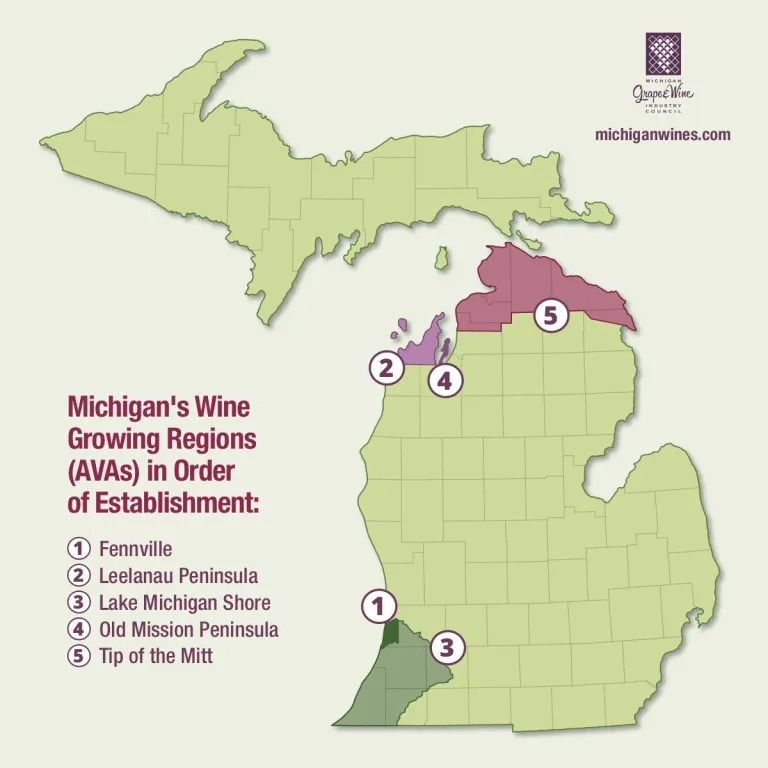2020 Neu Cellars 'Vitality' Pinot Meunier is putting Michigan on the map
Michigan has a deep history of winegrowing, and is creating many of America's exciting wines. Neu Cellars' Pinot Meunier is one of them.
One of my very favorite things to do in my free time is to drive to explore far-away wine shops. The joy of shopping at a wine shop is seeing the different loves of wine buyers, understanding their interests from the wines they stock. Almost every time I stop at a wine shop I’m unfamiliar with, I find a gem. Today was no different. On one of the side shelves at Vessel and Vine in Brunswick, Maine, I spied this Neu Cellars Pinot Meunier.
The Neu Cellars ‘Vitality’ feels like a rare wine. Pinot Meunier is a fairly rare grape on its own—not much of it is grown outside of France, where it can be used to make Champagne. The United States’ Pinot Meunier acreage mostly sits in California and New York State, where it is sometimes called “Black Riesling”. This Pinot Meunier, however, is grown in Michigan State, in the Old Mission Peninsula AVA in Grand Traverse County in Northwest Michigan. The Old Mission Peninsula AVA is Michigan’s smallest, with 19,200 acres of wine grapes planted.
Michigan is not well known as a wine growing region, but its wine grape acreage is steadily growing, having increased by 10% since 2016. Traverse County worked 920 acres of wine grapes in 2020, 3,375 acres total in Michigan—compare that to 44,210 acres in Napa, it seems quite small, but the growth is certainly exciting. Today, Michigan grows over 50 different grape varieties, including vitis vinifera classics and hardy hybrid grapes. The state’s wine history is quite rich as well. The first wine grapes planted in Michigan were put down in 1702, decades after wild grapevines were discovered in the area. In 1868, the first Michigan winery was established on 25 acres in Monroe County.




